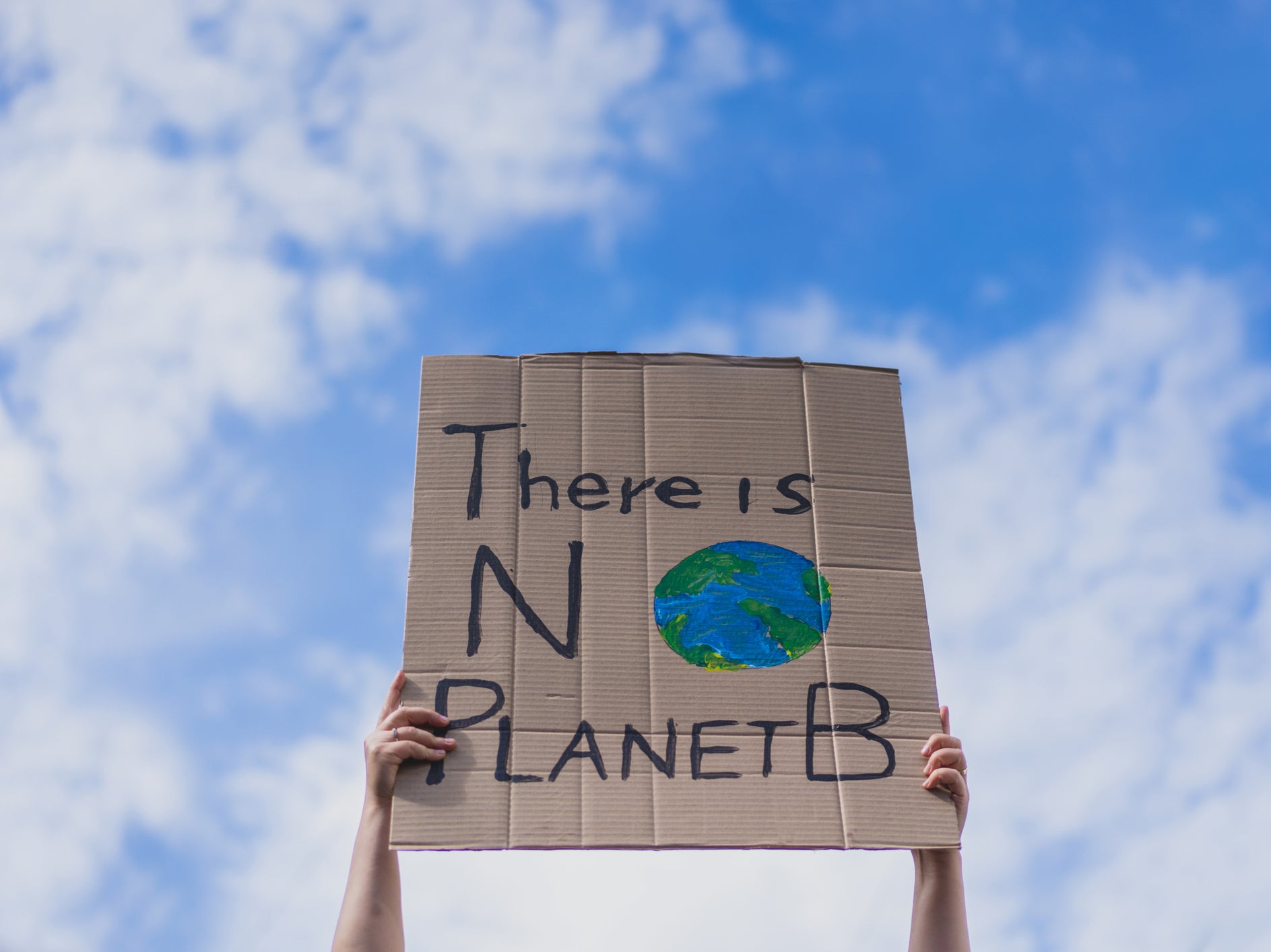Nearly nine in ten people are already taking steps to reduce their impact on the environment
Experts say we need to make significant changes to our lifestyles, writes Ellie Abraham, but many of us are already doing just that

We don’t hear a lot of good news about the climate crisis: recent studies have found that human-caused change is responsible for a third of the world’s heat-related deaths, and that the Arctic is warming three times faster than the Earth’s average temperature.
But a new survey has bought some more positive news, and reason for measured optimism, as it revealed that around nine in 10 people in Britain are already taking steps to reduce their impact on the environment.
The encouraging results are from a survey carried out by consumer group Which? in which they asked people which actions, from a pre-determined list of 10, they perform regularly in order to help reduce their environmental impact.
The survey of more than 3,600 people around the UK found that 87 per cent of people are undertaking at least one of these steps specifically to minimise their personal environmental impact.
The actions included things like reducing their single-use plastic use and using energy-saving methods. The most popular action was recycling household waste, with 80 per cent of those surveyed saying they do it for environmental reasons.
Over half (53 per cent) said they undertake energy-saving actions, such as washing laundry at a lower temperature. Other sustainable actions included buying items second-hand, borrowing instead of purchasing and repairing broken or worn items rather than replacing them.
The survey found over half of people undertake numerous actions to reduce their environmental impact: 55 per cent say they regularly do at least four from the list of 10 provided, while a third undertake six or more.
Professor Lorraine Whitmarsh, director of the Centre for Climate Change & Social Transformations (CAST), told The Independent that tackling climate change will mean “significant changes to our lifestyles”.
Professor Whitmarsh said this will include examples such as cutting down on our red meat and dairy intake, driving cars less frequently and reducing flying, using less energy and buying fewer new products. “We can also choose greener products, like electric vehicles or products with less packaging,” she said.
She added that as well as practical changes “we can help raise awareness about climate change by talking to family, friends, colleagues - and even contacting our MP to call for wider action to tackle the issue.”
We can help raise awareness about climate change by talking to family, friends, colleagues
Since September, a clock has been placed on the side of a building in New York’s Union Square, by activists and artists to mark the annual United Nations General Assembly which looked closely at climate change over the week-long gathering.
The clock is ticking down to the point that we, as a society, have caused irreversible damage due to climate change, say the group. An online version of the so-called Climate Clock reveals we have just over six and half years until the planet must reach zero emissions.
In more positive news, the clock also shows us how much of the world’s energy is currently made from renewable sources. With no time to waste, campaigners and experts say we all need to do our bit to reduce our society’s impact - regardless of how big or small those actions may be.
This can also involve doing our own activism and lobbying those in power to take action, too.
Head of consumer rights and food policy at Which?, Sue Davies, said: “Which? is committed to helping consumers to adopt more sustainable behaviour and will continue to work with policymakers and businesses to ensure people get the right amount of support to make choices that are less harmful to the environment.”
Join our commenting forum
Join thought-provoking conversations, follow other Independent readers and see their replies
Comments